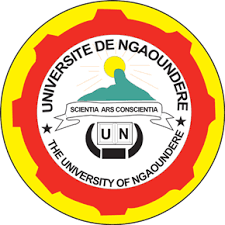Capacity Building
brief introduction to the topic, e.g..
Capacity building is based on the principle that people are best able to realize their potential when.... sustainable ... long-term ... collectively generated and managed....
...
Sustainable Development Goals
Capacity building relates to Sustainable Development Goals 2 (No Hunger), 3 (Health and Well-Being), and 4 (Quality Education) and aims to transfer research to society through direct engagement with the community.
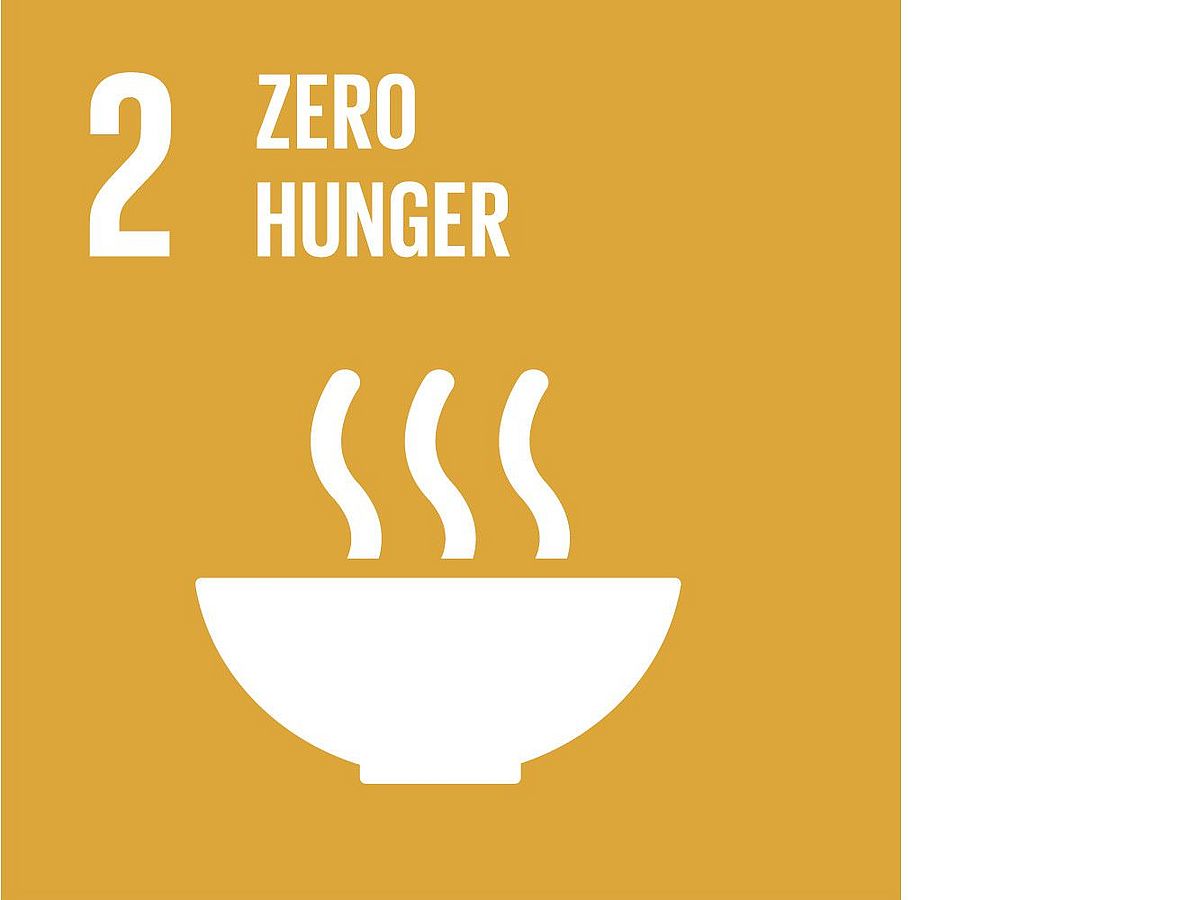
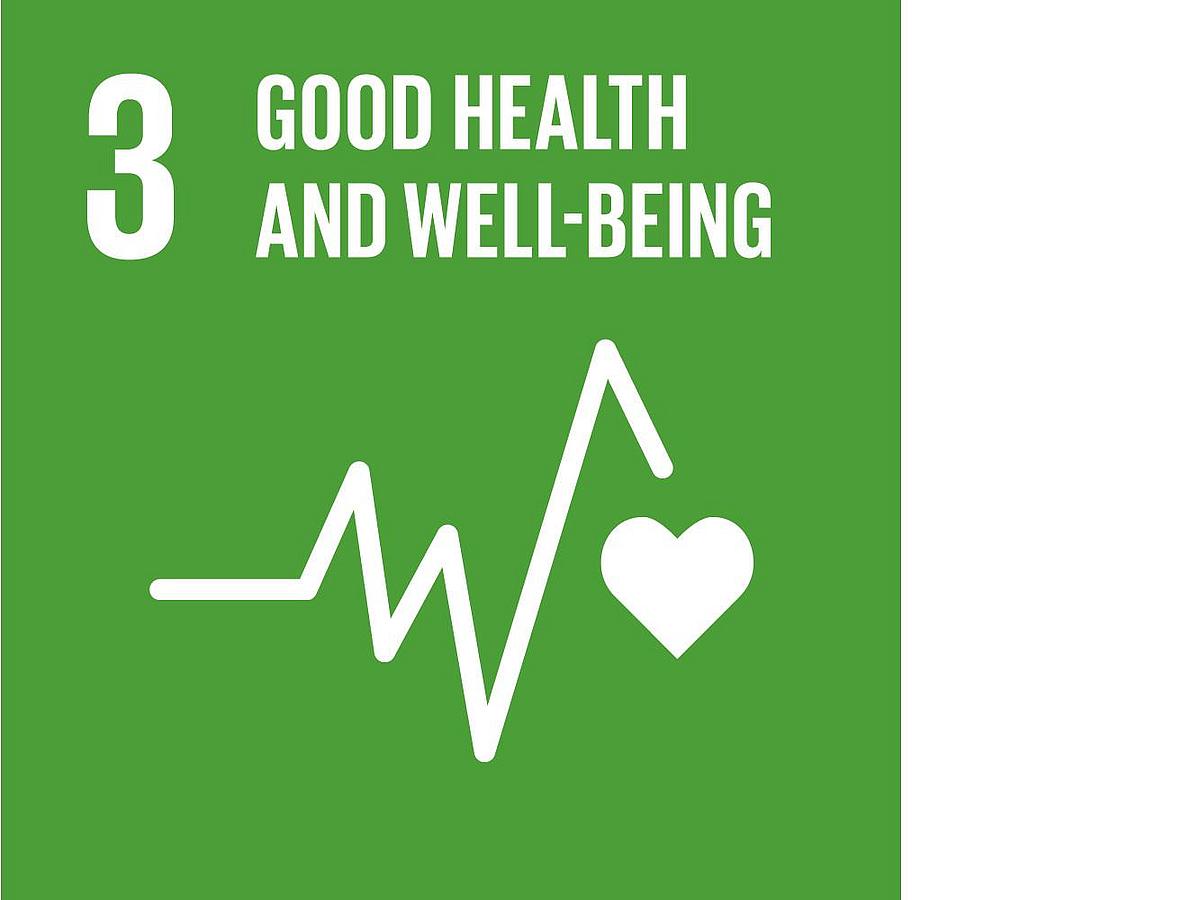
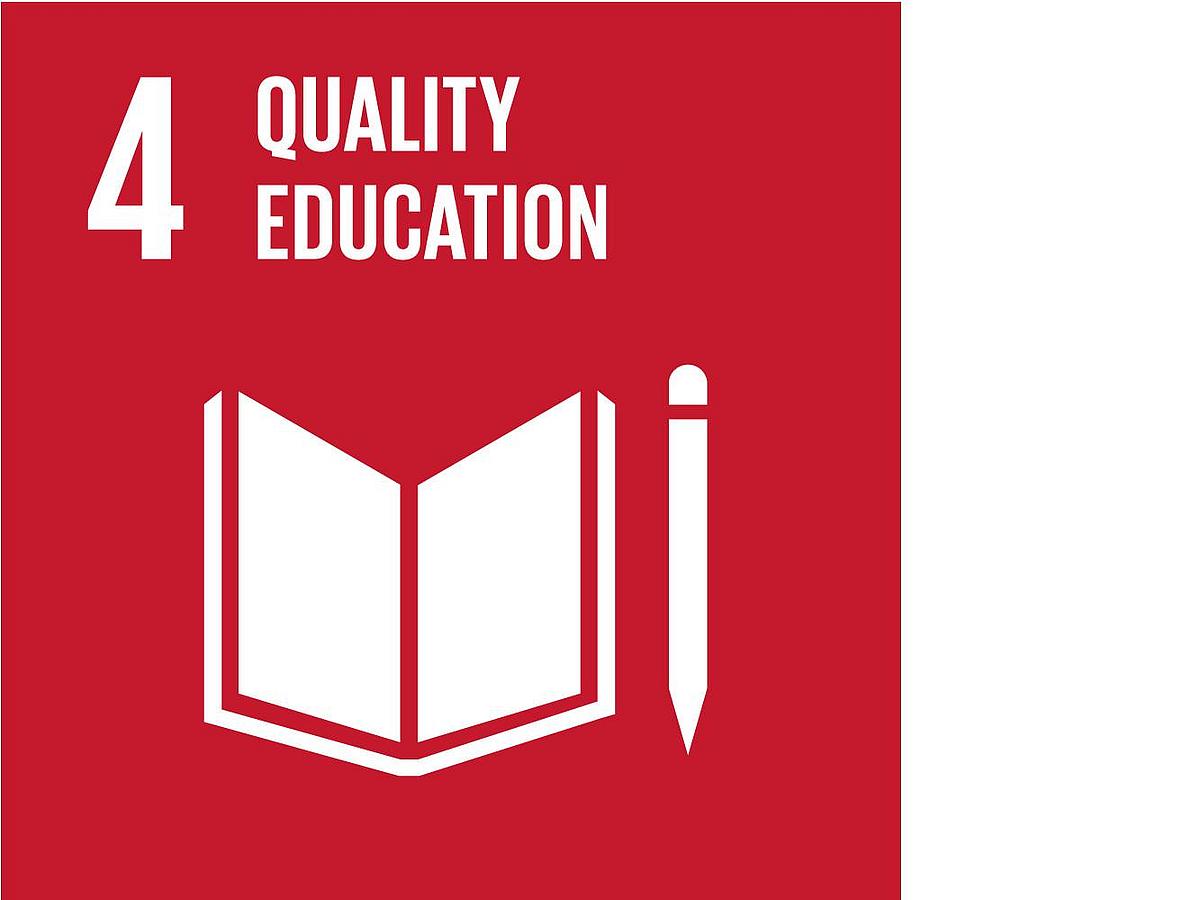

Contact person
Prof. Dr. Sørge Kelm
Glycobiochemistry
skelmprotect me ?!uni-bremenprotect me ?!.de
phone: +49 (0)421 218-63222
Cooperations and Sponsoring

The Department of Biology and Chemistry, in particular Prof. Sørge Kelm from the University of Bremen, has many years of experience in coordinating cooperative research projects with partners in sub-Saharan Africa, both in research and capacity building. One focus of his projects is the role of nutrition in non-communicable diseases on the continent.

The programs at SHMS aim to train health professionals, physicians, nurses, laboratory scientists and pharmacists.
This is essential to address current and future health problems. The SHMS is also responsible for providing trained health workers within and outside the region, and for identifying and describing key health issues in the local and international context.
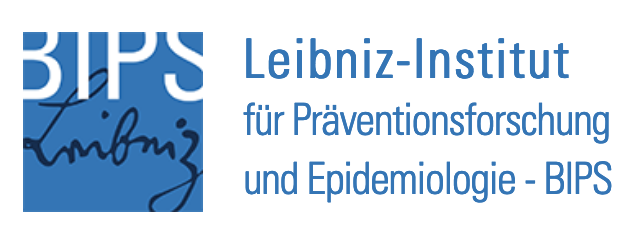
The Leibniz Institute for Prevention Research and Epidemiology - BIPS uses its research to develop effective strategies for the prevention of chronic, non-communicable diseases. The primary goal is to set the course for a healthy life course at an early stage. Our research therefore focuses on starting points of cross-disease relevance, such as lifestyle and living environment, biological and social factors, as well as early detection and therapy safety. Our research spectrum ranges from method development and the identification of disease causes to intervention and implementation research. In addition, we inform policy makers and the general public and are involved in academic qualification. BIPS thus covers the entire cycle of epidemiological research. In September 2016, BIPS was also appointed as a WHO Collaborating Centre for Obesity Prevention, Nutrition and Physical Activity.

